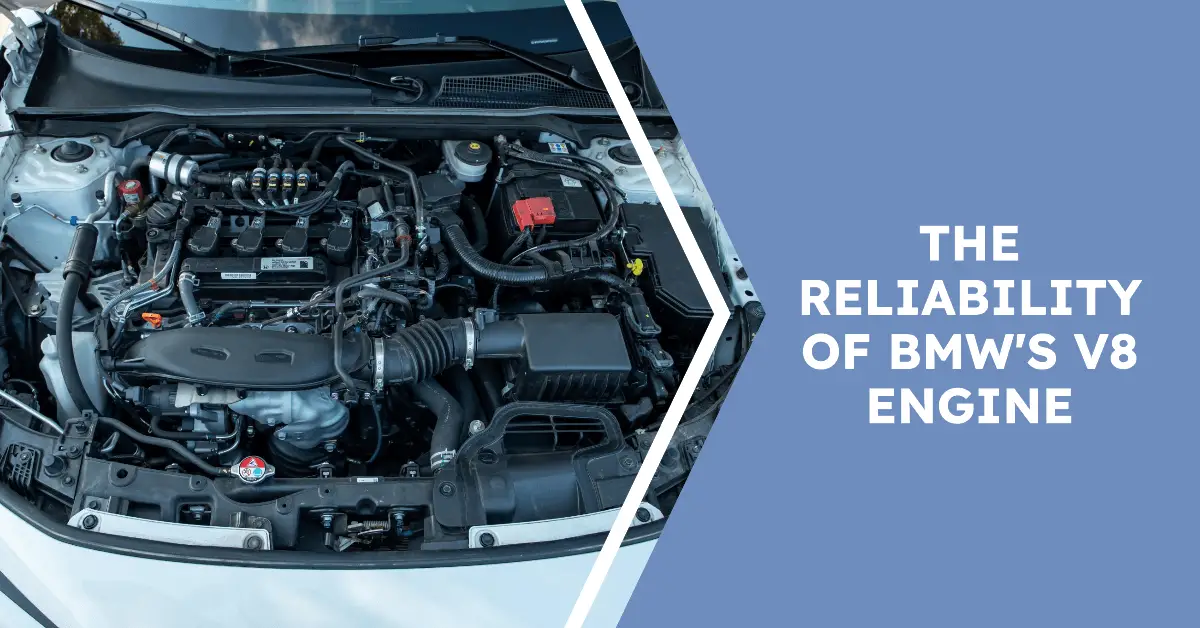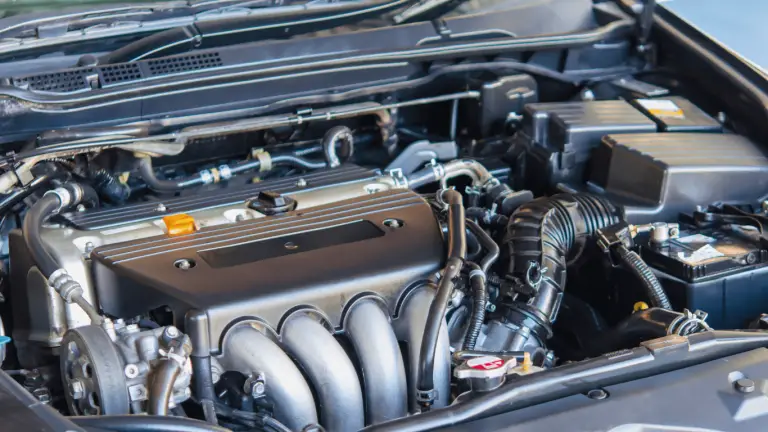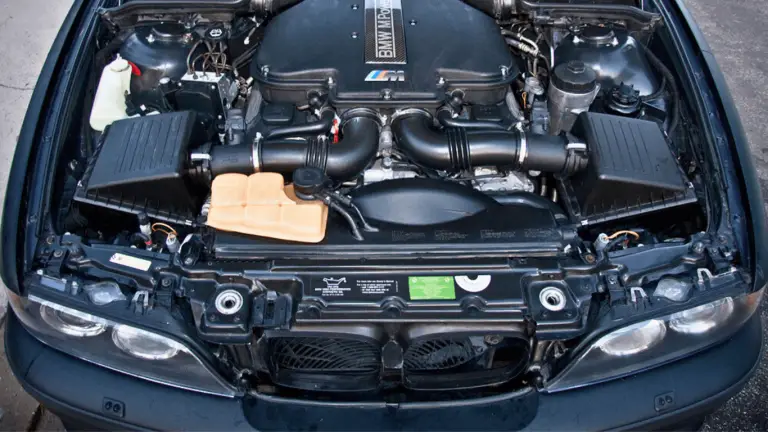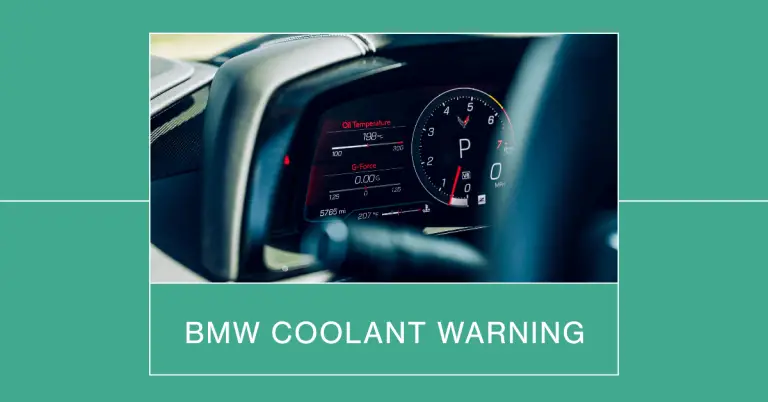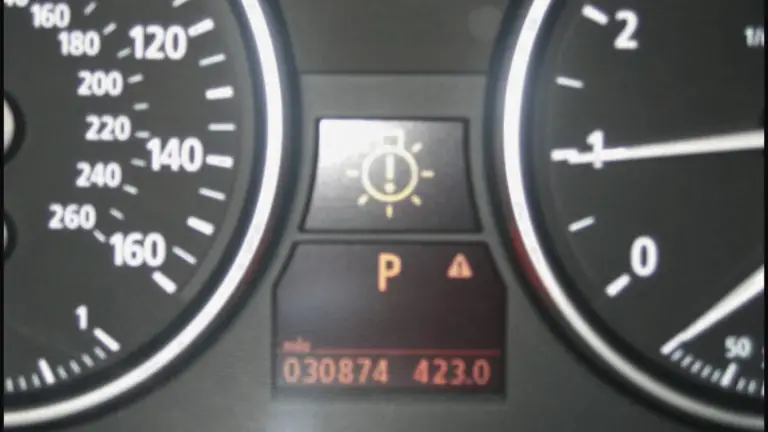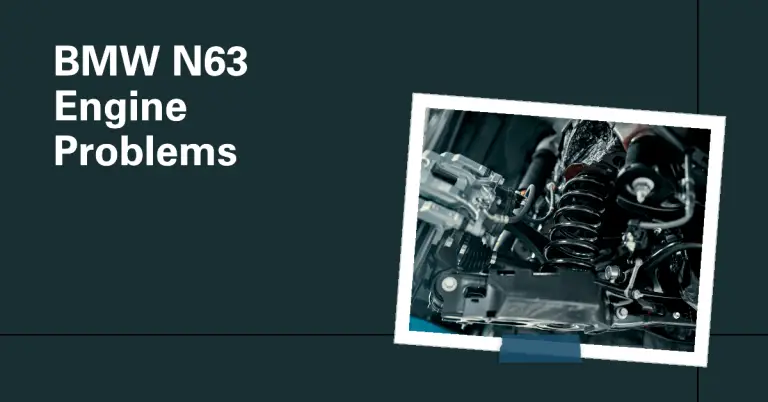BMW V8 Reliability: A Comprehensive Analysis
For many driving enthusiasts, there’s nothing quite like the smooth powerful growl of a BMW V8 engine. BMW has a long history of producing renowned V8s across its model lineup, from the E23 7 Series in the late 1970s to the current twin-turbocharged beasts in the M5 and M8.
But how reliable are BMW’s V8 engines? Can you expect a BMW V8 to provide years of trouble-free service? Or will it empty your wallet on maintenance and repairs?
The answer depends on the specific engine, its age and mileage, how well it was maintained, and inevitably some luck. Overall, most BMW V8s have proven quite robust when properly cared for. But they do have some common issues to look out for.
In this comprehensive guide, we’ll cover:
- An overview of the main BMW V8 engines over the years
- Common reliability issues and problem areas
- Typical repair and maintenance costs
- Tips to maximize the longevity of your BMW V8
- Expectations for lifetime mileage and lifespan
Let’s dive in and find out everything you need to know about the long-term reliability of BMW’s iconic V8 engines.
A Brief History of BMW V8 Engines
BMW has used V8 engines since the 1970s across many model lines. Here’s a quick overview:
- M70 – BMW’s first V8 debuted in the E32 7 Series in 1992. It had a 5.0L displacement and was offered in naturally aspirated and turbocharged versions.
- M62 – The successor to the M70 introduced in 1995. Displacements ranged from 4.4L to 4.6L. Variable valve timing was added on later versions.
- S62 – High revving 4.9L V8 in the E39 M5 produced from 1998 to 2003.
- N62 – Replaced the M62 in most vehicles starting in 2001. Enhancements included direct fuel injection and variable intake manifold geometry.
- S65 – Higher performance 5.0L V10 that succeeded the S62 in the E60 M5.
- N63 – Twin-turbo V8 first released in 2008. Featured in many M and Alpina models with displacements between 4.4L and 4.6L.
- S63 – Higher output twin-turbo V8 used in current F90 M5 models.
This list covers the major BMW V8 engines but doesn’t include every variant. Output and technology improved considerably over this evolution, but the core V8 layout and design characteristics remained similar.
Now let’s look at how these different engines have performed in terms of reliability and common issues.
Common BMW V8 Reliability Issues
While each BMW V8 engine has its own quirks and flaw areas, many have similar weak points that can leave you stranded if not addressed promptly. Here are some of the most common reliability issues to watch for across BMW V8 models:
Oil Leaks
Oil leaks plague many older BMW engines, and the V8s are no exception. The most common places for leaks include:
- Valve cover gaskets – This inexpensive rubber gasket often hardens and cracks with age, allowing oil to drip down the sides of the engine. Replacing the gasket and valve cover bolts is a straight-forward repair.
- Oil pan gasket – The oil pan gasket or rear main seal can leak too, requiring the removal of the oil pan for replacement. This is a more involved repair.
- Rear main seal – Located behind the crankshaft, leaks here are especially concerning. Replacing this seal requires removing the transmission.
Small leaks may only require topping off the oil more frequently. But larger leaks can lead to insufficient oil pressure and lubrication, resulting in engine damage if ignored.
Thermostat and Water Pump Failures
BMW V8 engines run hot, and when the cooling system can’t keep up, overheating issues arise. Two common problem parts are:
- Thermostat – The thermostat controls coolant flow to regulate engine temperature. A stuck closed thermostat prevents circulation, while a stuck open one provides insufficient warmth. Replacing the thermostat and its gasket fixes overheating problems if it’s the culprit.
- Water pump – This vital pump circulates coolant through the engine. A leaky pump won’t effectively cool the engine, while a seized pump will leave you stranded. Replacement costs around $500-900 for parts and labor.
Warning signs of thermostat or water pump issues include temperature spikes, coolant leaks, and constant low heat in the cabin.
Alternator and Battery Failure
The alternator powers the electrical system and recharges the battery. When it fails, you’ll eventually end up with:
- A dead battery
- Dimming headlights
- Electrical shorts and blown fuses
Replacing the alternator with an OEM or quality aftermarket unit will restore charging function, but often the battery is damaged too after being left in a deeply discharged state. Plan to replace both parts for around $500-900 in total.
Ignition Coil and Spark Plug Problems
Ignition coil failure is common across many BMW engines. Coils provide the high voltage for spark plugs to ignite the fuel-air mixture. When they fail, symptoms include:
- Misfires, sputtering, loss of power
- Check engine light with cylinder misfire codes
Replacing the bad coil(s) is cheap, but reach high mileages also require new spark plugs and wires for optimal performance.
These are some of the most common BMW V8 reliability trouble spots based on consumer reports and BMW enthusiast forums. Proper maintenance and prompt repair when issues arise is key to minimizing major engine damage.
BMW V8 Repair and Maintenance Costs
Like most German luxury performance brands, BMW maintenance and repairs are pricier than domestic cars. How much can you expect to pay to fix problems with BMW’s V8 engines? Here are some typical repair cost estimates:
- Oil leaks – $150-500 depending on severity
- Thermostat – $200-300
- Water pump – $500-900
- Alternator – $450-650
- Ignition coils (per coil) – $100-200
- Spark plugs – $400-700 for a full replacement
These are just parts prices – you’ll pay additional labor costs unless DIYing repairs. BMW specialty shops usually charge $120-150 per hour.
It’s also critical to stick to the recommended maintenance schedule in your owner’s manual. Things like oil changes, coolant flushes, brake fluid exchanges, and transmission service add up. You can expect to pay $200-600 or more per year in preventative maintenance to keep your BMW V8 in top shape.
Consider your mechanical skills and budget when deciding between an extended warranty or repair coverage plan as well. The right policy can protect against unexpected repair bills down the road.
How to Maximize BMW V8 Longevity?
With diligent preventative maintenance and prompt repair of issues, many BMW V8 engines deliver well over 100,000 miles of reliable service. Here are some tips to help yours go the distance:
- Follow the maintenance schedule – Don’t cut corners on routine service. Replace fluids, filters, plugs, belts etc on schedule.
- Use quality parts – Always stick with OEM or proven aftermarket parts, especially for critical components like water pumps and thermostats. Don’t cheap out.
- Watch oil level – Check oil level regularly and fix any leaks immediately to prevent insufficient lubrication.
- Warm up properly – Let engine fully reach operating temperature before hard acceleration to prevent bearing wear.
- Change transmission fluid – Most BMW auto transmissions are sealed for life, but changing the fluid every 50k miles promotes longevity.
- Upgrade cooling system – Consider upgrading to high-end water pump, aluminum radiator, and silicone hoses to improve cooling.
- Drive gently – Avoid excessive engine RPM and aggressive driving which puts more stress on the engine. Easy highway miles are best.
Doing these things can help ensure your BMW V8 stays in good running order for many miles without catastrophic failures, as long as there are no underlying manufacturing defects.
What is the Overall BMW V8 Reliability?
After looking at the common problem areas and repair costs, what is the final verdict on BMW V8 reliability?
The majority of well-maintained BMW V8 engines hit over 150,000 miles without major issues. With the naturally aspirated engines, reaching 200,000+ miles is attainable if you stay vigilant with maintenance and repairs.
The newer twin-turbo N63 and S63 motors are a bit more problematic, with costly failures possible outside of warranty if you aren’t diligent on maintenance. Issues like turbo and oil filter housing leaks, injector failure, and carbon buildup are concerns.
Compared to BMW inline-6 cylinders and some competitors’ V8s, the BMW V8 requires more intricate maintenance and suffers higher annual repair costs in high mileage scenarios. The tradeoff is higher performance and gorgeous sound.
Overall, a BMW V8 can’t match something like a naturally aspirated Toyota V8 for hassle-free longevity. But consider the maintenance costs part of the premium you pay for the brilliant BMW driving experience. Take care of it, and a BMW V8 can still provide many years and miles of exhilarating, reliable service.
Conclusion
BMW’s V8 engines deliver a intoxicating mix of smooth power and iconic sound. But like any complex performance engine, they can develop issues if maintenance is neglected. Being aware of problem areas like oil leaks, cooling system failures, and ignition problems allows you to address them promptly and preserve reliability.
While a maintenance-intensive BMW V8 may never match a truck-based V8 for longevity, proper care can still deliver a long, happy ownership experience. Use quality fluids and parts, follow the maintenance schedule diligently, drive gently, and address repairs right away. Do this and your BMW V8 can likely exceed 150,000 miles and beyond.
So don’t fear the maintenance requirements of a BMW V8. With eyes wide open to their needs and quirks, a well-kept BMW V8 provides the pinnacle of performance luxury motoring.

